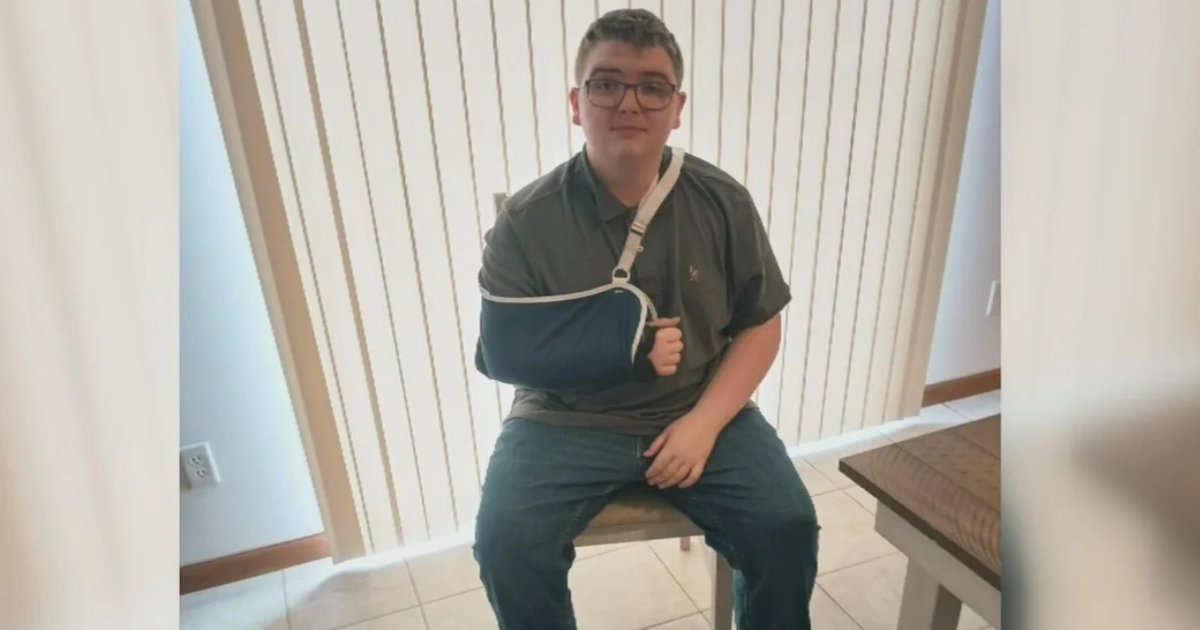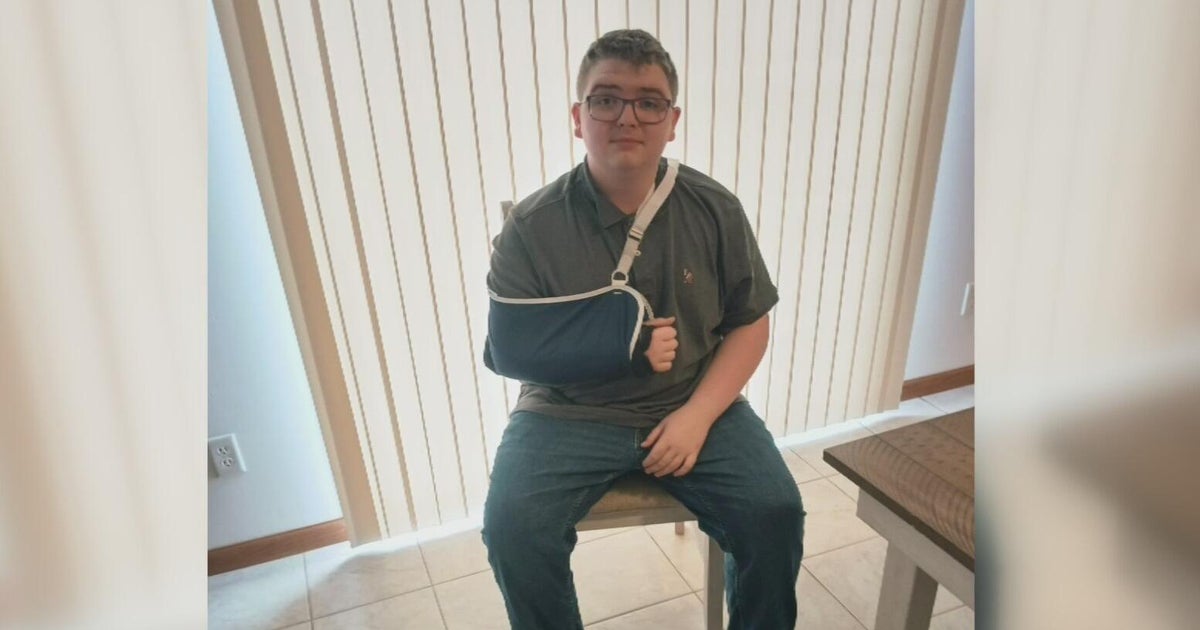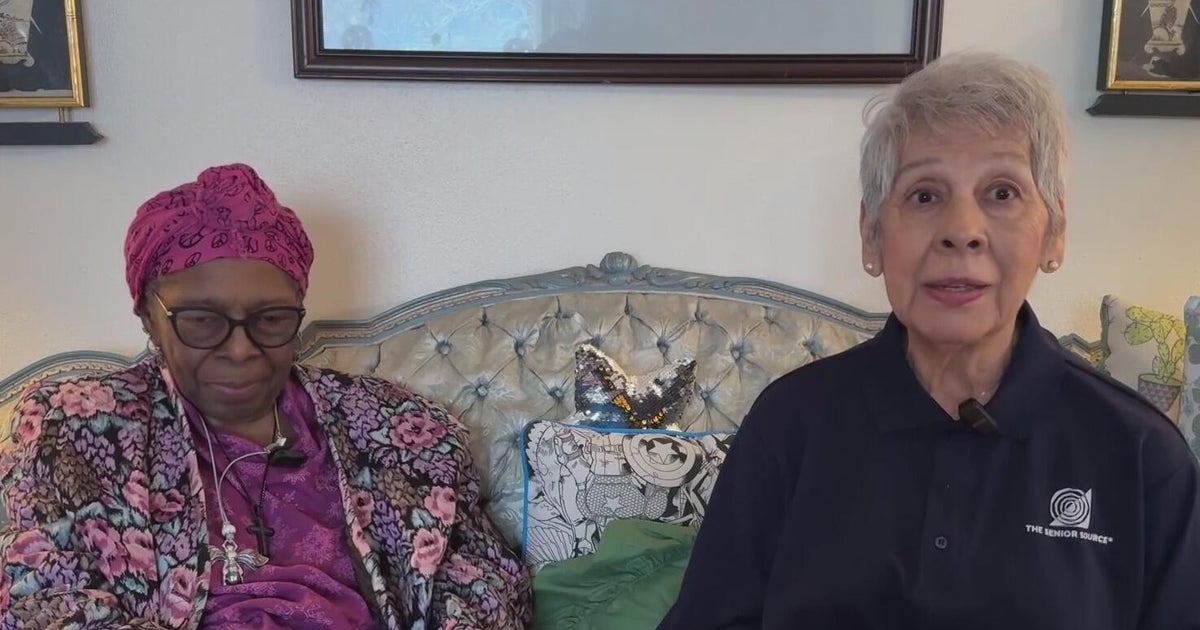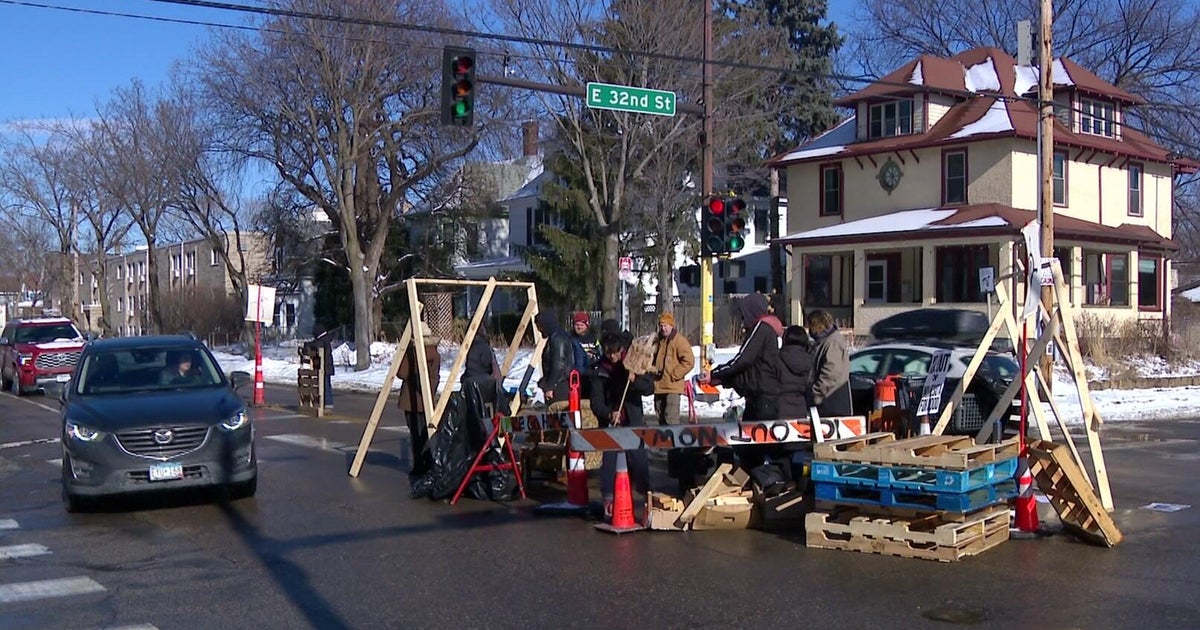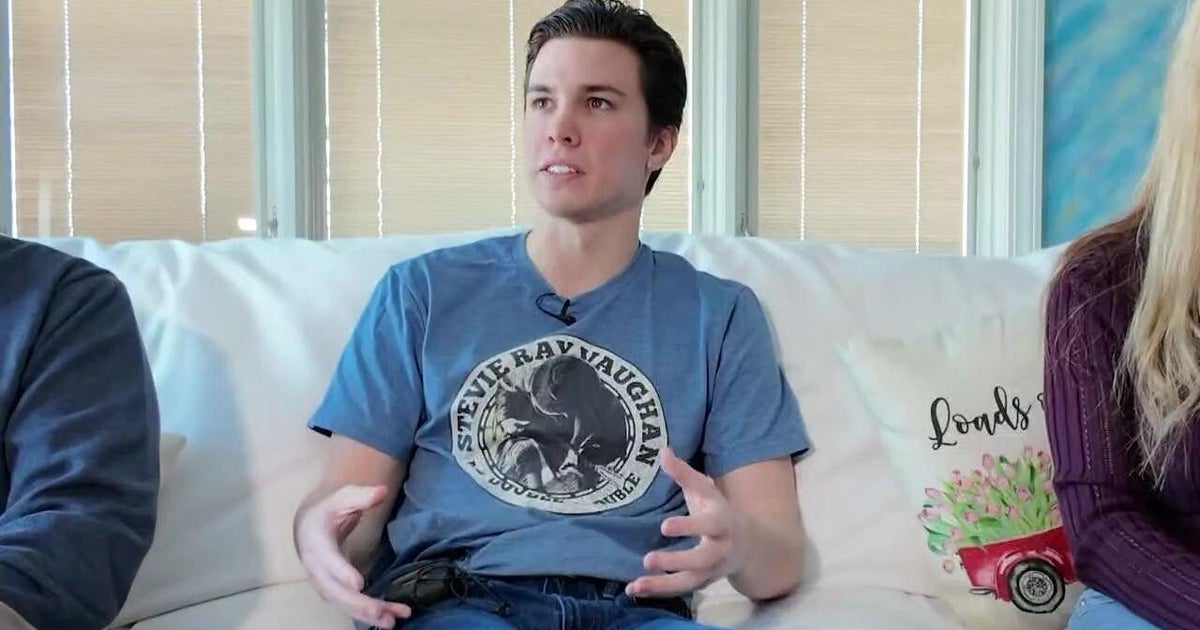Concussions Cause Concern For North Texas Students, Parents
DALLAS (CBSDFW.com) - Football is a way of life in North Texas. Maybe that's why some players think concussions are just part of the game. But parents worry.
Orlando Swift, a 16-year-old junior, plays football for Adams High School in Dallas. He said he doesn't tend to think about injuries. When asked about concussions, he said, ""Basically, a concussion is just something that happens in football. You have to be ready for it."
But Greg Hettrick says when it comes to worries about sports injuries, concussions are at the top of his list. Hettrick has two sons, ages eight and ten. Last fall, Hettrick says, his oldest son suffered a mild concussion playing football.
"It was a little bit frightening," Hettrick said.
His fear?
"The long term effects that can occur to the developing brain," he said.
Jarrod Snell, who's 17 now, knows all about concussions. He suffered a series of concussions in a single game on September 16, 2010.
"I was a sophomore in high school and I got four concussions in one football game," he said.
He was 15 then and a quarterback at Keller High. Three of the concussions happened in one play. The fourth happened in the very next play.
His mother, Mary Ann Precht, says coaches didn't immediately take him out of the game though something was clearly wrong.
"For the third play, he took the ball and handed it to another team member on the other team," she said.
She remembers seeing him on the sidelines. He didn't look right.
"When he came to the sidelines and pulled his helmet off, he was rubbing his cheek and his neck and said it felt tingly. And when he turned around to look at me, he had two different sized pupils. Kind of a greyish tone to him. So, I knew then something was wrong," she said.
Jarrod had suffered a brain injury.
"I don't really remember it at all. I lost about a month of memory," Jarrod said. "I was sleeping 20 hours a day," he said.
He didn't go out much. He didn't like being around people then. And he had developed a hyper-sensitivity to lights.
"I couldn't leave my room for a very long time," he said.
Concentration was another problem.
"That's one thing I still have trouble with is concentrating, like in school. "I have a hard time paying attention in school," Jarrod said.
He has improved with the re-training of his brain at the Center for Brain Health in Dallas.
"They helped me a lot with my memory," Jarrod said.
Dr. Lori Cook says the best advice she has for coaches and parents is to take a child, who's been hit hard, out of the game to make sure they're okay.
"Definitely. If in doubt, sit them out. Don't throw them back in harm's way because you're a lot more likely to see long-term effects from repeated hits before your brain has had a chance to fully recover from that first hit," Dr. Cook said.
Neither Jarrod nor his mother are in favor of taking children out of sports.
Jarrod's mother hopes that through awareness other parents will avoid a similar fate because, she says, "We're still dealing with this."
Jarrod always wanted to become a Navy Seal. Right now, he can't play sports. He's a junior now, attending school part-time at Keller High School. His mother says he's getting good grades and already has his sights set on college. He hopes to attend Texas A & M.
Jarrod's mother invites everyone to log onto her son's Facebook page called "Jarrod's Odyssey" or to email them at tbiIathelete@gmail.com.
